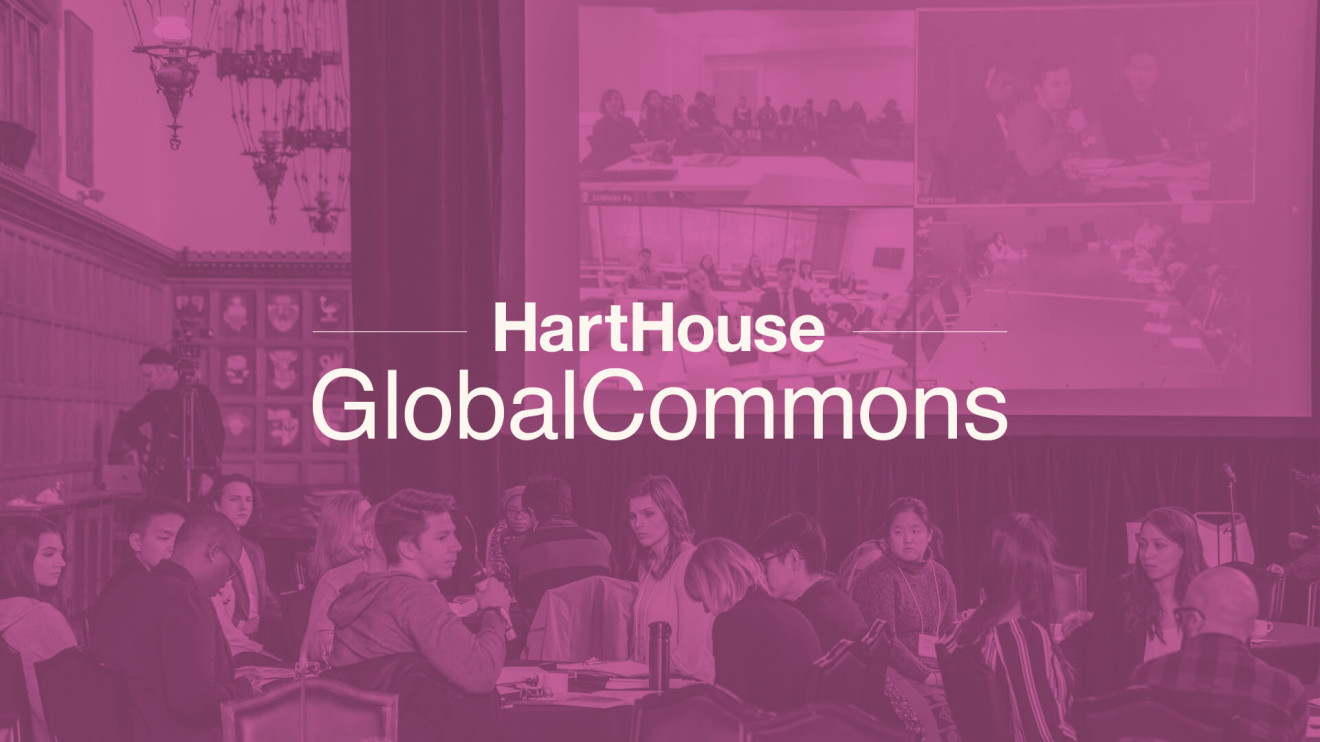
About
The Hart House Global Commons is your opportunity to connect in real-time with students participating from international partner universities, to engage in dialogue and action around the climate crisis. Students participating directly from Colombia, Canada, France, South Africa, and the U.S.A. will connect for truly global discussions on one of the most pressing issues of our time. This is an opportunity to reflect on how we as humans react and respond both individually and collectively to this existential crisis, and how we can learn from and with each other in that process.
Visions and Actions Towards Climate Justice
Our 2020 Conference will focus on showcasing the work of students and community organizations participating in locations from around the world. Guests will share current work and campaigns, along with successes and challenges to provide a space to learn, inspire, and connect across contexts.
Entering its fourth year, the Hart House Global Commons Conference offers participants a unique, globally-networked opportunity to learn from and with each other as we discuss pressing global issues without borders, and seek to develop actions to address them.
Participants
-
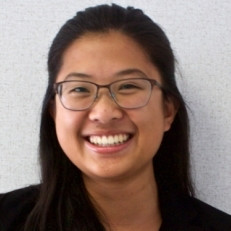 Introduction
IntroductionLily Lam
Lily is a 5th-year undergraduate in the International Development Studies Co-op program at UTSC, with a focus on socio-cultural anthropology and political science. She is interested in world issues, their proposed solutions and the experiences of those most marginalized, whether locally or internationally. After spending her 12-month co-op working in Kingston, Jamaica with a local NGO, she returned with a heightened interest in looking at how development work plays out in the field. Her connection to climate justice comes from an academic understanding of the issue and an inability to simply sit still. Lily became involved in the Global Commons series as a facilitator through her work-study position at the International Student Centre, and looks to create critical, inclusive and equitable conversations on issues most pressing.
-
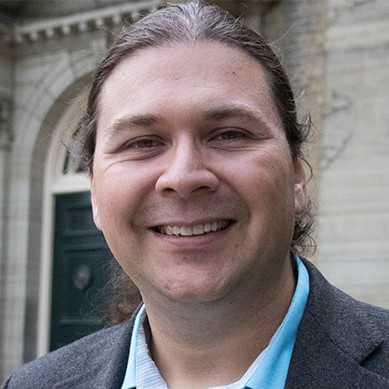 Indigenous Opening
Indigenous OpeningMichael White ᐅᓵᐏᒪᐦᑿᓯᓂᐹᐤ
Special Projects Officer for Indigenous Initiatives
Michael is Anishnaabe from M’Chigeeng First Nation, and belongs to the Bear Clan. He is the Special Projects Officer for Indigenous Initiatives at the University of Toronto and has worked as a trainer for the Ontario Federation of Indigenous Friendship Centres, travelling around the province working with organizations and institutions to help them answer Truth and Reconciliation Commission of Canada's calls to action, and delivering courses around Indigenous community development.
-
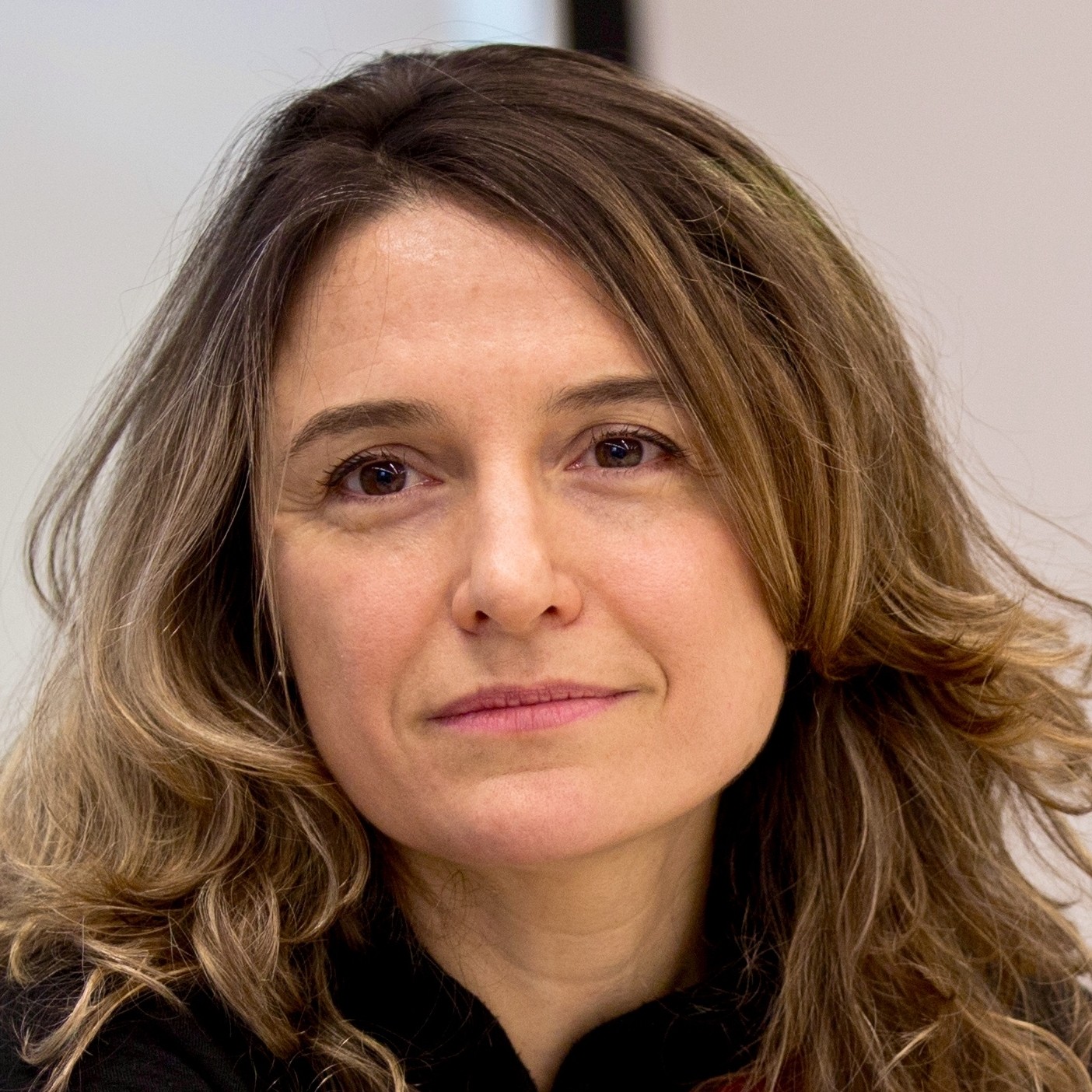 Moderator
ModeratorDr Teresa Kramarz
Associate Professor, University of Toronto, Munk One, Environmental Governance Lab
Teresa Kramarz is Associate Professor at the Munk School of Global Affairs and Public Policy in the University of Toronto. She directs the Munk One undergraduate program, co-directs the Environmental Governance Lab (with Steven Bernstein and Matthew Hoffmann, University of Toronto) and is the co-convener of the Accountability in Global Environmental Governance Task Force of the Earth System Governance network (with Susan Park, University of Sydney).
Her work examines the performance of the World Bank’s environmental partnerships, accountability in environmental politics, and extractive industries in Latin America. Her recent book with Susan Park, Global Environmental Governance and the Accountability Trap, is published by MIT Press. Her upcoming book Forgotten Values: The World Bank and Environmental Partnerships is also published by MIT Press.
Other publications appear in Global Environmental Politics, Society and Natural Resources, Environmental Policy and Governance, and Review of Policy Research. She brings to her scholarship extensive professional experience with international organizations’ projects throughout Latin America and global environmental programs led by the World Bank and the United Nations Development Programme.
Panelists
-
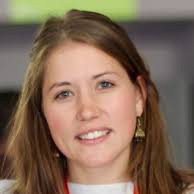
Marine Denis
Notre Affairs a Tous, Science Po, Le Havre, France
Marine Denis is a PhD candidate in Public International Law at Université Paris Sorbonne Cité in Paris. Her work analyses the UNHCR and IOM legal responses in addressing displacement related to natural hazards and climate change. She teaches two courses in Sciences Po related to geopolitics of climate change and climate negotiations. In addition to her PhD, she is also the spokesperson of an NGO called Notre Affaire A Tous which is promoting climate justice and involved in domestic climate litigations.
Notre Affairs a Tous was created in 2015 to work for the establishment of climate justice through legal tools.
Website -
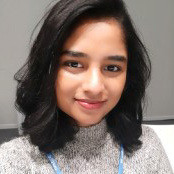
Rutu Patel
UNFCC COP 25 delegate, University of Toronto, Canada
Rutu Patel is a 4th-year undergraduate student and she has recently returned from the UN climate talks in Madrid where she was a youth delegate to the UNFCC COP 25 process. She is currently working on the University of Toronto Committee on Environment, Climate Change and Sustainability as a researcher. She is interested in the diverse interplay between Health and the Environment as it relates to Climate Change and in innovative project- and program-based solutions to the various health and sustainability problems of our world.
U of T News, "From U of T to UN: Undergraduates attend COP25 climate talks in Madrid." Read the article.
-
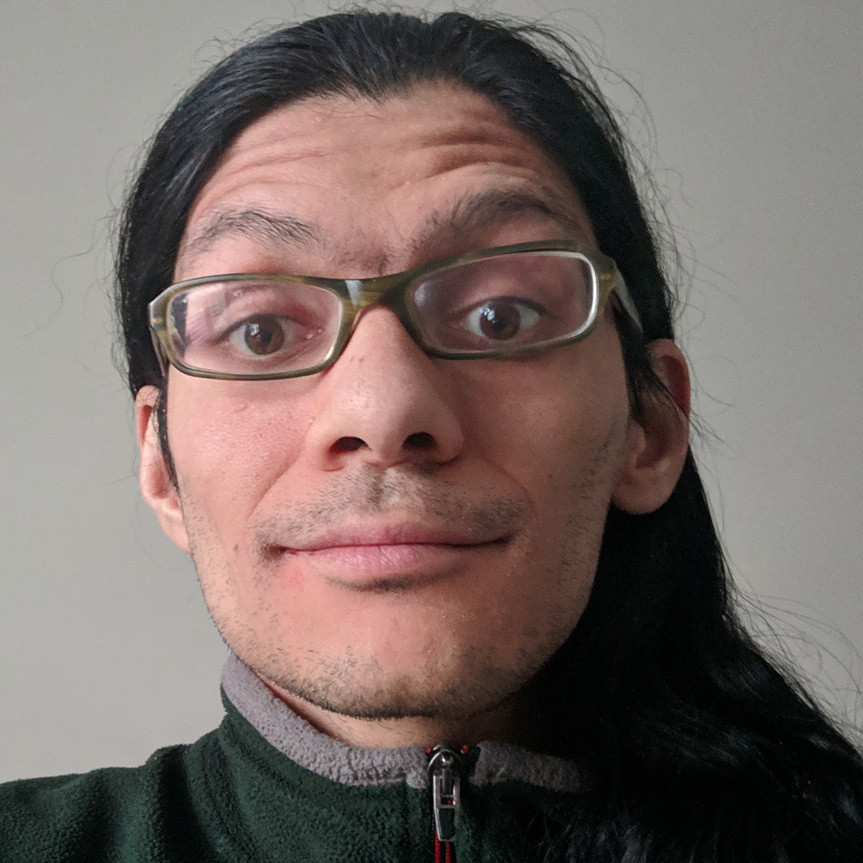
Amelia Rose Khan
Toronto 350.org Toronto, Canada
Amelia Rose Khan is a volunteer with Toronto350, whose pronouns are they/them and lives in Toronto/Tkaronto. They have been a part of the environmental field for the past 15 years. Their passion grew by working on solidarity campaigns and visiting the impact zones across Canada where people are living with the effects of climate change. The focus of their work has been volunteering and working with grassroots groups with an emphasis on local climate action.
Toronto350.org is a local network affiliate of the international 350.org founded by Bill McKibben. We work to promote leadership in climate action. We are building a global, grassroots movement to solve the climate crisis. The group is committed to using creative, non-violent and non-partisan means to build a global movement to stop the climate crisis. We are totally volunteer-driven and growing all the time, so please get in touch to help us confront the great challenge of our time.
-
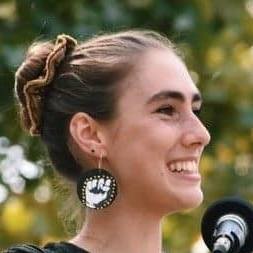
Eliza Dowd
Sunrise Movement, University of Indiana Bloomington
Eliza Dowd is an environmental justice activist and organizer with the Sunrise Movement in the United States. She is currently a student at Indiana University majoring in environmental sustainability and Spanish and minoring in sociology. She is studying abroad this semester in Buenos Aires, Argentina.
Eliza has been involved with social justice activism since she started high school and is the author of Intersectional Social Justice: The Movements. The Faces. The Solution. She reads about environmental racism, indigenous histories of the Americas, buddhism and taoism, queer theory, and herbal medicine. Eliza seeks the answers as to how our species has got to the crisis we are in today, and dedicates her life to building a world that puts justice for our planet and people before profit and greed.
Website -
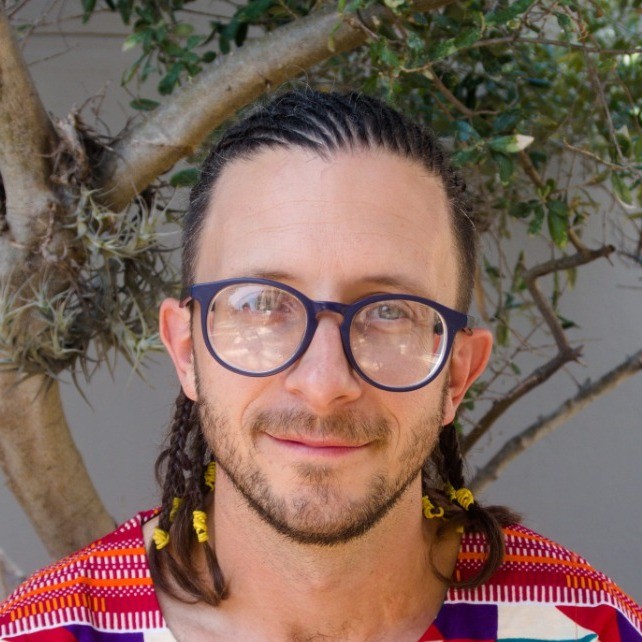
Daniel Robinson
Project 90 by 2030, Cape Town, South Africa
Daniel has a keen interest in developing young climate conscious leaders and believes that young people are ‘… rich in gems of inestimable value’. With 11 years of experience at Project 90, he is dedicated to ensuring that these ‘gems’ are discovered and well-polished and relishes the opportunity to continue making a difference. Daniel has been the developer and driver of the YouLead Initiative and in such Project 90 by 2030 is the first organisation in South Africa to offer young people the President’s Award framework through the unique lens of climate leadership. Daniel and his team, through our YouLead Initiative, aim to inspire and empower more youth to take critical action for their future
Project 90 by 2030 is a social and environmental justice organization inspiring and mobilizing society towards a sustainably developed and equitable low carbon economy by means of a Just Energy Transition. We work with stakeholders and decision makers to identify and actions that support climate justice, with a specific focus on developing environmental leadership in our youth and enhancing energy and water security in our communities.
Website
Who is it for?
All students, regardless of discipline, year of study, or background are encouraged to register or drop-in to the Conference. The Conference opportunity is meant for those who want to contribute and engage in the conversation, but may not be able to commit a lot of time. Conferences will host guests, faculty, civil society actors, and others from around the world for in-depth global conversations.
What you can expect to get out of the Conferences?
Joining others in person on your own campus, engage in dialogue with other students both locally and globally, hear and share perspectives, work, and ideas. Guests will enhance the dialogue with their own stories and work, exploring how climate change is taking place in each location, with a view to understanding the similarities and additional opportunities for action.
Time Commitment?
Two hours for the Conference, plus we will share the Conference Discussion Guide and selected resources one week before the session.
